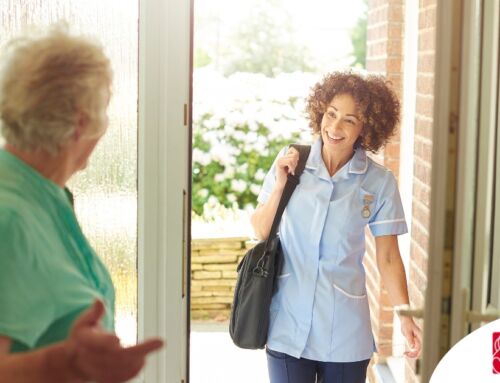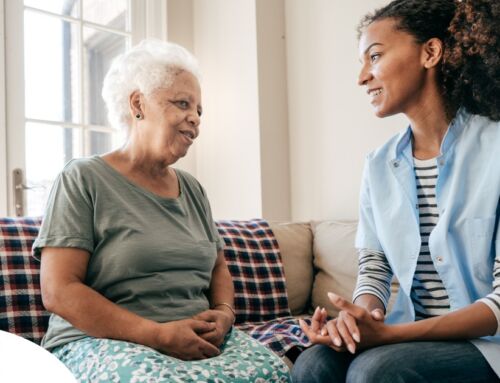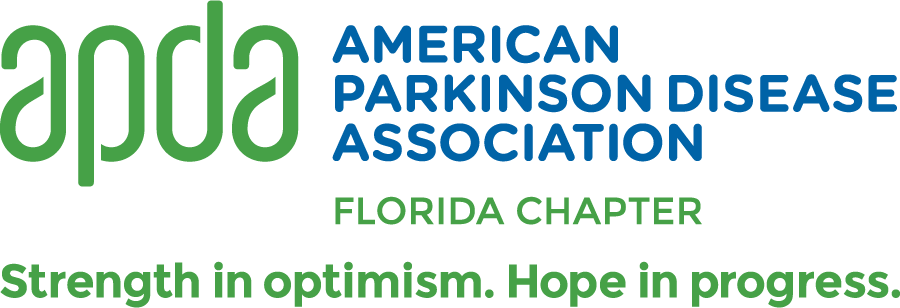As individuals enter their golden years, it is crucial to prioritize their overall health and well-being, including physical fitness. Regular exercise plays a vital role in maintaining mobility, strength, flexibility, and a high quality of life for the elderly.
As people age, their bodies naturally begin to decline in function. However, engaging in regular exercise can help to counteract this decline and promote better physical and mental health.
6 Benefits of Exercise for the Elderly
The benefits of exercise for the elderly are numerous and profound. Regular physical activity has been shown to help maintain independence and improve overall quality of life in older adults.
Independence
One of the key advantages of exercise for the elderly is the maintenance of independence. As individuals age, there is often a natural decline in strength and mobility, which can lead to an increased risk of falls and injuries. By engaging in regular exercise, older adults can strengthen their muscles and improve their balance and coordination. This can help to prevent falls and maintain independence, allowing older adults to continue performing daily activities without relying on others for assistance.
Enhances Cardiovascular Health
Exercise can also enhance cardiovascular health in the elderly. Regular physical activity has been shown to improve heart and lung function, reduce the risk of heart disease, and lower blood pressure.
This is particularly important as cardiovascular diseases are a leading cause of mortality among older adults. Engaging in moderate-intensity aerobic exercises such as walking, swimming, or cycling can help to improve circulation, strengthen the heart muscle, and reduce the risk of developing cardiovascular conditions.
Mental Health and Cognitive Function
Additionally, exercise has a positive impact on mental health and cognitive functioning in the elderly. Research has shown that physical activity stimulates the release of endorphins, which are natural mood elevators. This can help alleviate symptoms of anxiety and depression that are often experienced by older adults.
Exercise has also been linked to improved cognitive functioning and memory performance. By increasing blood flow to the brain, exercise promotes the growth of new blood vessels and neural connections, which can enhance cognitive abilities and reduce the risk of cognitive decline, including conditions such as dementia and Alzheimer’s disease.
Maintain Healthy Body Weight
Furthermore, regular exercise helps to maintain a healthy body weight and prevent obesity in the elderly. As metabolism naturally slows down with age, older adults often experience weight gain, which can lead to a variety of health issues such as diabetes, joint problems, and heart disease.
Engaging in regular exercise, along with maintaining a balanced diet, can help older adults to burn calories, build muscle mass, and maintain a healthy body weight. This can reduce the risk of obesity-related diseases and help to preserve overall health and well-being.
Bone Health
Exercise also plays a crucial role in maintaining bone health in older adults. As individuals age, bone density naturally decreases, resulting in an increased risk of fractures and osteoporosis.
Weight-bearing exercises such as walking, dancing, or weightlifting can help to strengthen bones and reduce the risk of fractures. By engaging in regular exercise, older adults can help maintain bone density and prevent or delay the onset of osteoporosis, thus promoting overall skeletal health.
Social Engagement
Furthermore, social engagement is an important component of many exercise programs targeted towards older adults. Participating in group exercise classes or activities can provide valuable opportunities for social interaction and emotional well-being.
This can help to combat feelings of loneliness and isolation, which are common among the elderly. The sense of camaraderie and support that comes from exercising with peers can contribute to a more positive outlook on life and overall mental well-being.
Wrap Up
The benefits of exercise for the elderly are extensive and profound. Engaging in regular physical activity can help to maintain independence, improve cardiovascular health, enhance mental well-being and cognitive functioning, prevent obesity, maintain bone health, and provide valuable social engagement. Incorporating exercise into the daily routine of older adults is essential for promoting their overall health and quality of life.
~ ~ ~
For over 30 years, CareGivers of America has proven our leadership in the home health care industry while showing continuous dedication in referring the highest level of care. There is an alternative to nursing homes and assisted living facilities; Home Health Care. We serve families in the south Florida counties of Palm Beach, Broward, and Miami-Dade.
Do you have questions about how you can better support your loved one while they age in place in south Florida or regarding homecare in general? Please contact us here: Click here to contact us or call us toll free: 800-342-4197
Our amazing mailing list is where you’ll receive special content, click here to subscribe.
*No information in this article is to be taken as advice, medical or otherwise. This post is not sponsored, but may contain external links to websites, articles or product examples. External links are used for example or reference purposes only and these links do not indicate specific product or website endorsement by CareGivers of America.








